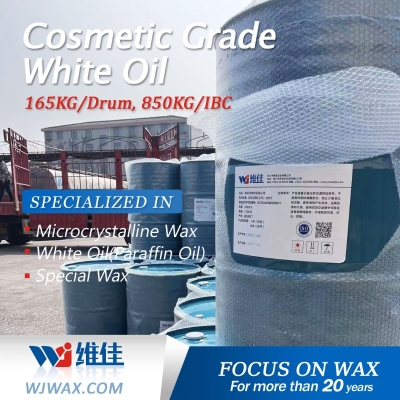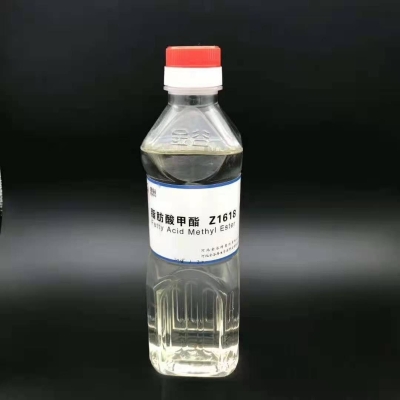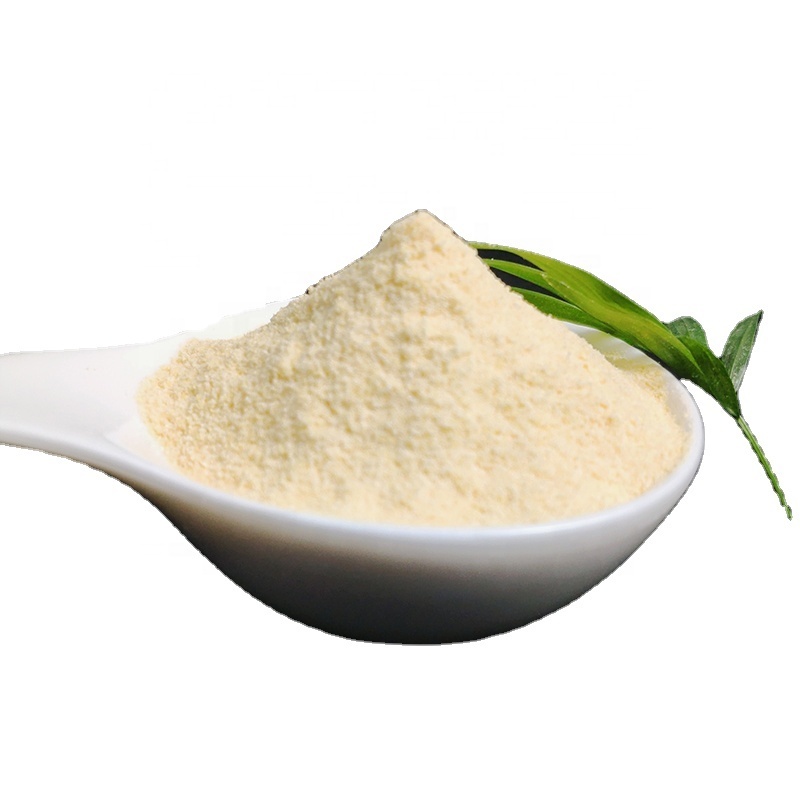-
Categories
-
Pharmaceutical Intermediates
-
Active Pharmaceutical Ingredients
-
Food Additives
- Industrial Coatings
- Agrochemicals
- Dyes and Pigments
- Surfactant
- Flavors and Fragrances
- Chemical Reagents
- Catalyst and Auxiliary
- Natural Products
- Inorganic Chemistry
-
Organic Chemistry
-
Biochemical Engineering
- Analytical Chemistry
-
Cosmetic Ingredient
- Water Treatment Chemical
-
Pharmaceutical Intermediates
Promotion
ECHEMI Mall
Wholesale
Weekly Price
Exhibition
News
-
Trade Service
Recently, the National Development and Reform Commission announced that in order to reduce the burden on downstream users and consumers and reduce the operating costs of the real economy, when the international oil price exceeds the upper limit of $130 per barrel, the domestic price of refined oil products will no longer be raised in the short term (not more than 2 months), and if the international oil price is higher than the upper limit of $130 per barrel, the cumulative time will exceed 2 months, and the relevant policy measures
will be clarified in advance.
Since March this year, international oil prices have remained high at the $100 per barrel line
.
Some believe that the emphasis on this policy at this time is to release a signal
that oil prices will break through $130 per barrel.
This view is actually an over-interpretation
of policy.
Crude oil is a typical commodity with relatively large supply elasticity and relatively rigid demand, and the fluctuation of international oil prices is usually determined by multiple variable factors, such as the relationship between world oil supply and demand, the policies of OPEC and non-OPEC oil producers, geopolitics, terrorist attacks, dollar exchange rate changes, market expectations, speculative trading, etc
.
Therefore, predicting the trend of oil prices has always been a big problem, and the actual trend of oil prices is often unexpected
.
In fact, the above policy has long existed
.
According to the current refined oil price mechanism, the domestic price of refined oil is adjusted every 10 working days according to the price changes of crude oil in the international market
.
According to the relevant provisions of the "Petroleum Price Management Measures" issued in 2016, when the international oil price is lower than $40 per barrel, the maximum retail price limit of gasoline and diesel is not reduced; When the international oil price exceeds the upper limit of $130 per barrel, the prices of gasoline and diesel are not mentioned or understated
in principle.
It can be seen that it is not reliable
to link this policy with the inevitable rise in oil prices.
However, not being able to predict does not mean that it cannot be copied
.
China is the world's second largest crude oil consumer and the largest importer of crude oil, and the dependence of crude oil on foreign countries is as high as 72%.
At present, China's crude oil prices have been in line with the international market, and the fluctuations of international oil prices have an important impact on
China's energy supply and economic and social development.
Since the outbreak of the Russian-Ukrainian conflict, international oil prices have risen sharply, and the impact on China's economy and society has already appeared
.
For consumers, the most direct impact of high international crude oil prices is the price
of refined oil.
Since the beginning of this year, the domestic retail price limit adjustment of refined oil products has experienced a total of 12 rounds of price adjustments, 10 times of upward adjustment and 2 times of decline
.
According to estimates, after the latest round of price adjustments, the price of No.
92 gasoline in most parts of the country remains above 9 yuan per liter, which is still at a high level
.
At the same time, jet coal prices have also been rising, leading to a series of aviation fuel surcharges, the highest since
the introduction of fuel surcharges in 2000.
Some institutions predict that under the background of the continuous high international oil price throughout the year and the average price of Brent crude oil exceeding 100 US dollars per barrel, China's annual oil import expenditure may increase by more than 100 billion US dollars, which is equivalent to the total GDP of Hainan Province last year, which will have an important impact on
China's RMB exchange rate and balance of payments.
In addition, although oil prices account for a small proportion of China's CPI, the rise in oil prices will be transmitted downward along the industrial chain, which in turn will affect all
aspects of production and consumption.
Therefore, the rise in oil prices will not only bring inflationary pressure, but also may trigger a decline in overall investment and output value, restricting the landing
of stable growth policies.
The above situation is difficult to alleviate
in the short term.
From a fundamental point of view, for a long time, international oil prices are easy to rise and fall
.
Recently, the European Union officially passed the sixth round of sanctions against Russia, which will gradually stop member states from purchasing Russian crude oil
by sea in the next 6 months.
EU oil imports from Russia are expected to fall by more than 90 percent
by the end of the year.
In addition, due to insufficient upstream investment, political turmoil and other factors, OPEC+ production increase space is limited, and the probability of imbalance between supply and demand in the international oil market will increase
.
The National Development and Reform Commission's supplementary explanation of the oil price regulation and control policy is precisely to stabilize market expectations, minimize the adverse impact of high oil prices on the real economy and consumers, take precautions, and create favorable conditions
for accelerating economic recovery.
According to the latest policy, when the international oil price exceeds the upper limit of $130 per barrel, the price of gasoline and diesel is not mentioned or understated
in principle.
At the same time, in order to protect the production enthusiasm of oil refining enterprises and ensure the safe and stable supply of refined oil, the central government will give periodic price subsidies
to refining enterprises.
This provides phased operating rules for international oil prices once they break through the upper limit of regulation, balancing the interests of
consumers and upstream and downstream enterprises.
Responding to the challenge of high oil prices is a complex task, and it is also necessary to advocate enterprises and residents to save oil, diversify the use of overseas oil and gas resources, accelerate the improvement of the oil reserve system, and actively develop renewable energy
.
The effective implementation of the above measures will alleviate the negative impact of high international oil prices to
a certain extent.
In addition, international futures trading activity is one of
the main hedging tools for international oil prices.
China's crude oil import procurement mainly relies on long-term contracts and spot trading two models, can only passively accept the rise and fall of international oil prices, the price risk is larger
.
Relevant enterprises should actively participate in international oil futures trading activities, improve China's right to speak on international oil pricing, and reduce the direct impact caused by large price fluctuations
.







